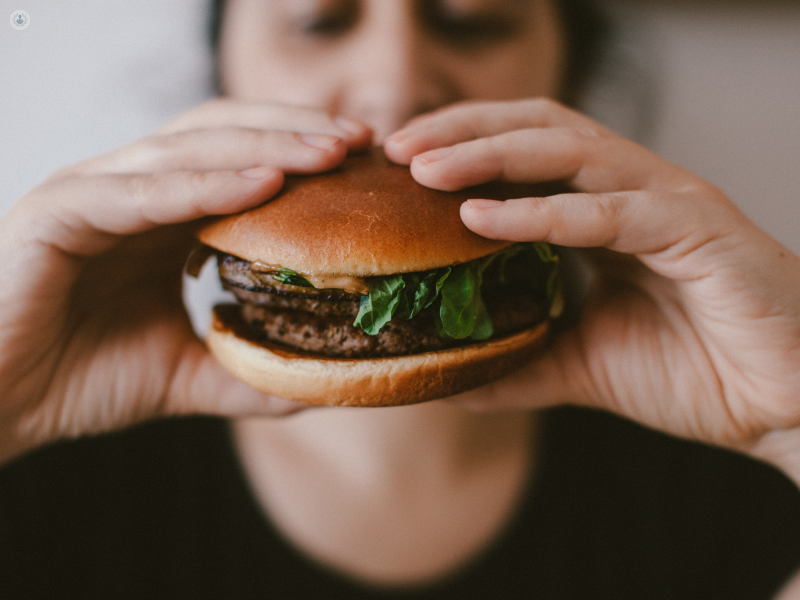Food for thought: How your gut health affects your brain health
Written in association with:Our gut and brain are inextricably linked. The connection can explain the butterflies you feel before an important presentation or why you get bouts of stomach cramps when feeling stressed. Even irritable bowel syndrome (IBS) has been shown to be aggravated by stress and anxiety. But have you ever thought that what you choose to eat might actually be affecting your mood too? Or for those prone to anxiety or depression, can your choice of food be exacerbating your condition?
For a long time, experts have argued that what we eat affects every aspect of our health - this includes our brain health and mental wellbeing. This article explains exactly how it all works.

What's the link between the gut and the brain?
Firstly, let us reminisce back to Hippocrates in 400 BC who was quoted as saying, “Let food be thy medicine and medicine be thy food”. Hippocrates’s philosophy suggested that food holds the power to be used as a medicine to help remedy many conditions. He was unknowingly referring to what we now recognise as the gut-brain axis. Unfortunately, this has been largely neglected in the past by health experts - until now.
The gut microbiome is the largest reservoir of microorganisms in the human body. Our gut microbiome impacts our overall health and has been proven to contribute to diseases such as diabetes, obesity, cancer, and also shaping of the health of our brain. This constant two-way communication via this gut-brain axis is vital to brain development, ageing, and has even been linked to the development of Alzheimer’s dementia, Parkinson’s disease and stroke.
What might poor gut health cause?
We are what we eat. Poor gut health stems from our diet, which consequently affects the make up our microbiome, which in turn affects conditions such as depression and anxiety.
The western lifestyle of processed fast foods, high sugar, and sedentary lifestyle has a significant negative impact on our metabolism and is a risk factor for mental impairment. A combination of emotional stress and a disordered microbiome plays a pivotal role in the development of brain disorders.
What helps improve gut health and therefore brain health?
We can make significant changes to improve both our gut and brain health.
Most importantly, a diet rich in fruits, whole grains, vegetables, and fish is proven to benefit brain function and reduce gut inflammation, which consequently lowers the risk of dementia. Additionally, adopting a Mediterranean diet has brain-protective effects evidenced in Alzheimer’s and heart disease.
Lifestyle adjustments
Simply put, if we try to make these following adjustments, we can improve the state of our gut health and consequently improve our mental wellbeing and reduce our chances of developing certain brain disorders:
- Swap bad fats for gut-healthy ones e.g. olive oil instead of butter.
- Avoid saturated fats hidden in ready meals.
- Try fish or chicken over red meat.
- Eat fresh fruits and reduce sugary desserts.
- Fill up with flavourful vegetables, beans, and a handful of nuts a day.
- Enjoy moderate amounts of whole-grain bread and wine.
- Relax and enjoy your meals as a social event.
- Regular exercise, even walking, will help keep both our bodies and minds active and healthy.
Dr Lisa Das is an expert consultant gastroenterologist practising at The London Clinic, OneWelbeck Digestive Health, and the London Bridge Hospital. To make an appointment with her, visit her Top Doctors profile and check her availability.



